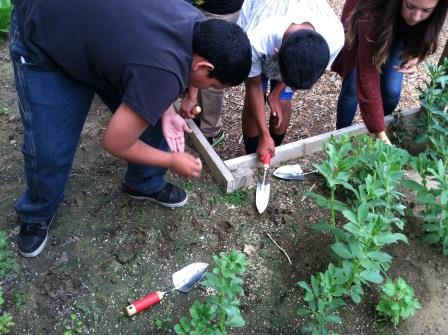 After two years in the making, the sustainable school garden at Ladera Vista Junior High is in full swing.
After two years in the making, the sustainable school garden at Ladera Vista Junior High is in full swing.
One of the features of the sustainable garden and waste diversion program is vermicomposting. Students collect cafeteria waste and add it to a special bin where it is digested by worms. The worms’ “castings” create rich, organic compost to fertilize the vegetables the students grow in the school garden.
The garden is made possible through GreenWorks grant and a partnership with U-ACRE (Urban Agriculture Community-based Research Experience). U-ARCE is a program through the university that partners undergraduate students with local community groups to improve urban food systems through research.
The older students use PLT activities and lessons with the younger students to connect the school garden with learning inside the classroom.
The program has benefits for students at the junior high school as well as the university. Ladera Vista now has a hands-on teaching tool – the school garden – and has become a GreenSchool. Undergraduate students participating in the program (called U-ARCE Mentors) also gain valuable research experience.
Sara Johnson, Program Director for U-ARCE, collaborated with Ladera Vista’s principal, teachers, and enthusiastic students to bring this project to life. The sustainable school garden project has yielded a rich harvest not only of home-grown vegetables, but also increased knowledge of potential food choices, and experiential learning opportunities assoicated with each of the PLT GreenSchools! Investigations.
Integrating PLT activities into the classroom
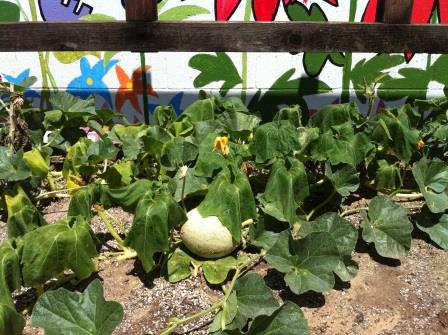
U-ACRE Mentors trained alongside Ladera Vista teachers in a PLT workshop to gain the necessary skills to work with the junior high students. They used PLT activities like “Pass the Plants, Please” and PLT’s GreenSchools! Investigations to present tutorials in the garden for the students twice a week.
“The Project Learning Tree curriculum has been instrumental in placing our work into an environmental education framework and connecting experiential learning opportunities to the Common Core,” said U-ARCE mentor Jose Gonzalez. “In conjunction with PLT activities, students also learn about major environmental issues like climate change, drought, pollution, and waste and how they are specifically impacting California.”
Learning about water conservation
“The lessons incorporated by PLT and the hands on experience in the garden have helped enforce the ideas that we wish to get across to students,” said U-ACRE mentor Cynthia Chavez. “These lessons are not only about plants, but also larger sustainability issues.” For example, students conducted PLT’s GreenSchools! Water Investigation to better understand how their school uses water and ways that water use could be improved. Within the garden, students learned about and used different methods of irrigation to see the implications each one had.
“When students harvest produce from the garden it is washed in a sink that allows for the collection and recycling of excess water,” said U-ACRE Mentor Andrew Shensky. “Measuring the amount of water used to wash a few vegetables is often eye opening to students and gives them an understanding of how much water is used during everyday activities. Although students were familiar with drought, many were unfamiliar with the steps that can be taken to reduce their impact and the water investigation helped give students a well-rounded understanding of an environmental issue that is critical to the region they live in.”
Additional benefits from the school garden
In addition to teaching important science concepts to the younger students and research skills to their university counterparts, the U-ACRE project has helped reduce food waste and its related environmental impacts, which include methane emissions and water contamination.
Vermicomposting also has increased the productivity of the Ladera Vista gardens. The partners are even exploring the potential for Ladera Vista to generate revenue by selling worm castings to organic gardeners interested in improving their soil without the use of commercial fertilizers.
“We all have a challenge of making sure our students graduate, are employable and are promotable,” Johnson says of U-ACRE’s partnership with Ladera Vista. “That means we have to teach at the highest level and ensure that students can apply and assess information, not just memorize it. PLT offers the kind of experiential learning that allows students to learn and teach at the highest level.”
Start your own vermicomposting project
Consider turning your cafeteria scraps into nutrient-rich mulch for gardens. Vermicomposting is a variation of traditional composting that utilizes worms to convert organic waste into fertilizer.
The fertilizer produced through this process, also known as “worm castings” or “vermicast,” have several benefits over commercially available mulch and fertilizers: The castings contain higher concentrations of nutrients, and mucus from the worms helps garden soil retain its moisture.
Red wiggler worms are most commonly used. They can process their own weight in food scraps every day provided they are well fed and cared for.
The worms’ diet has to be carefully monitored. They can only eat fruits and vegetables, bread and napkins; no fatty foods, dairy, or meat.
Would you like to start a vermicomposting project at your school or in your community? Apply for a GreenWorks! grant from PLT.
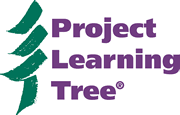
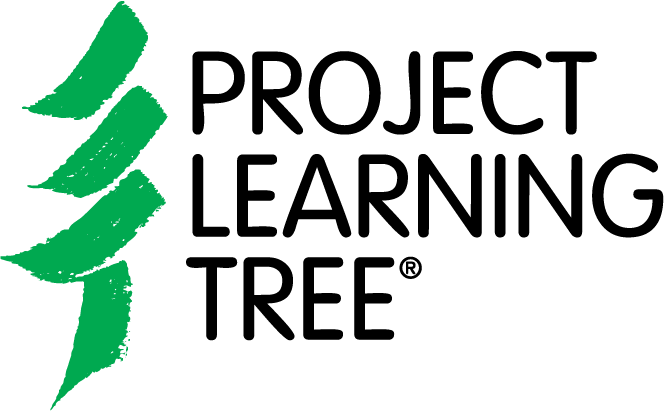
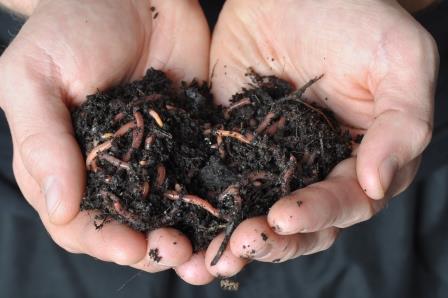

One comment on “School Garden Teaches Lessons on Composting and Water Conservation”
Kathy, This is a good refresher and motivates me to revisit my efforts to be a much better care taker of my own composting and to share with others. We are hosting a new workshop here in Auburn Hills, Michigan conducted by Cornell University Lab of Ornithology on March 25-26th, Gardening and Habitat Improvement at your School.
I think this newest Green Schools newsletter is timely.